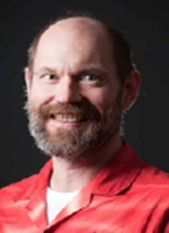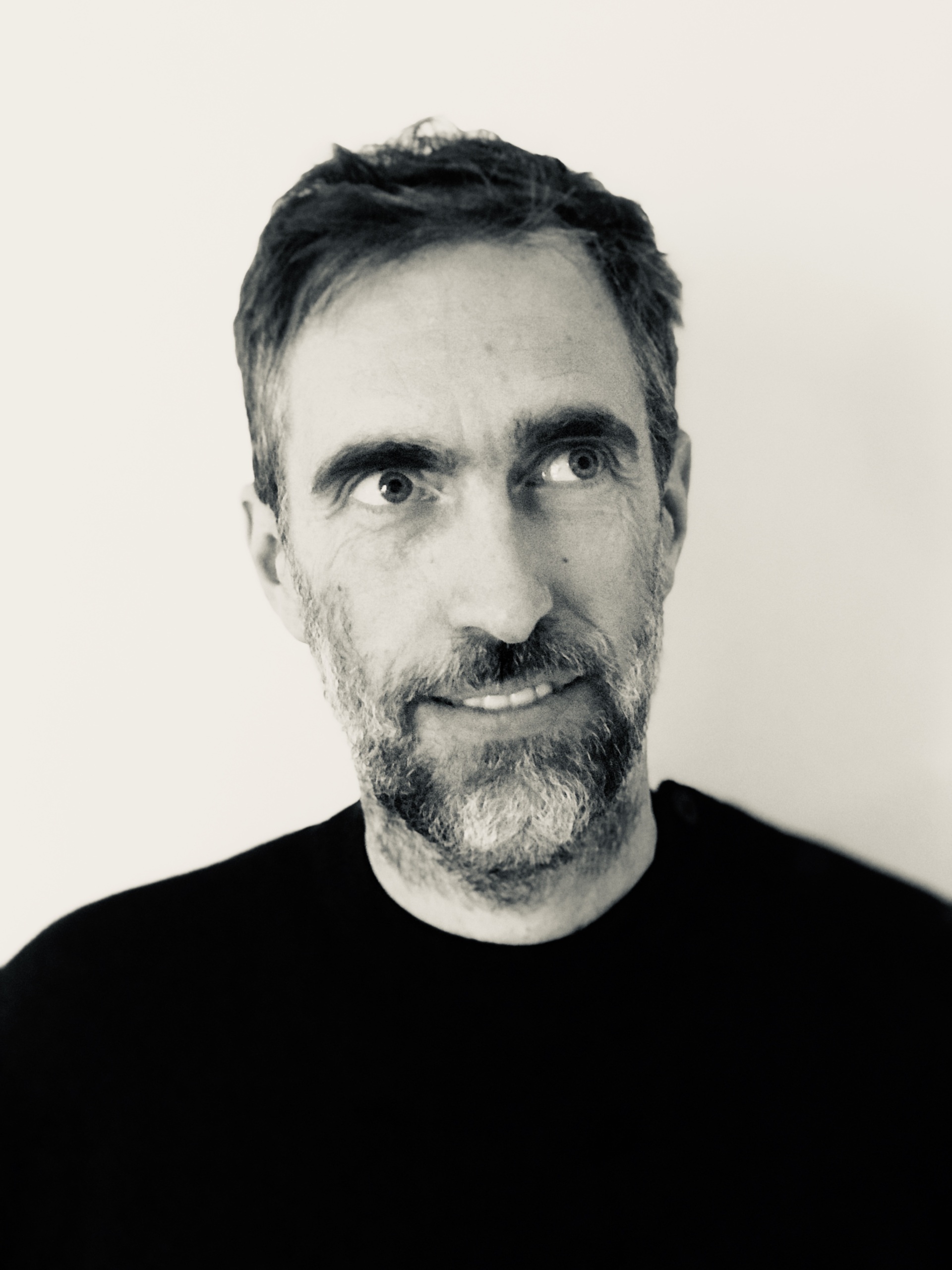Tutorials
Monday 30th May 2022
euspen’s 2022 extensive tutorial programme will cover a range of key topics for the precision engineer
Whilst covering a clear technical curriculum, tutorials are less formal than a lecture; providing more personalised learning in a social atmosphere.
They incorporate existing challenges in the workplace which cover conceptual theories through to best practice applications.
These tutorials will take place on Monday 30th May 2022.
Tutorial 1: FUNdaMENTALs of Precision Design (Zoom)
Monday 30th May 2022
Room: Roma
Time: 08:30 – 11:30
The tutor is Prof. Alex Slocum, MIT, US
This tutorial provides a fast-paced hands-on introduction to rapid precision machine design based on FUNdaMENTAL principles including theory and best practices. Topics include: initial error allocation to enable rapid design, principles of accuracy, repeatability and resolution, bearings, structures, and actuators. Kinematic and elastic averaging-based designs and the implications for bearing life and dynamic performance are stressed with F=kx and w = sqrt(k/m) as recurring themes throughout the design of a machine. Examples will be presented to show how FUNdaMENTAL principles are critically important for an engineer to understand in order to be able to most effectively use modern design tools such as solid modelling and finite element analysis in the design of precision machines.
This tutorial should be helpful for those at the beginning of their careers and also for those who wish to tune up their design approach with linking design approaches with first order analysis to develop designs more rapidly and to check output from FEA.
Attendees should expect to leave with new design tools (spreadsheets) they feel comfortable applying and a host of new design ideas for selecting and integrating bearings structures and actuators in precision machines.

Alexander Slocum is the Walter M. May and A. Hazel May Professor of Mechanical Engineering at MIT, a Fellow of ASPE and ASME, and a member of the National Academy of Engineering. He has 145+ patents and has helped develop 11 products that have received R&D 100 awards for “one of the one hundred best new technical products of the year”. He pioneered the deterministic design of kinematic couplings (www.kinematic couplings.org) including the standard for all semiconductor wafer transport carriers (SEMI E57-1296). He has helped start several successful precision manufacturing equipment companies and has a passion for working with industry to solve real problems and identify fundamental research topics.
Tutorial 3: Analysis and Design Concepts for Ultrastable Mechanical Systems: Thermal Effects
Monday 30th May 2022
Room: Budapest
Time: 08:30 – 11:30
The tutor is Nicolas Jobert, Alma Consulting, FR
This tutorial will provide the framework required when designing mechanical systems with high immunity against thermal effects, i.e. temperature drifts and/or thermally induced elastic distortions. It will span basic and advanced concepts, evaluation tools and methods, as well as control strategies and practical limitations. A particular emphasis will be placed on the usage of an integrated approach, allowing to develop compact thermal elastic models sufficient to provide an understanding of the key parameters governing each problem. Such models can not only be used to decide on the severity of individual disturbance sources but are also mandatory when designing practical mitigation solutions, either passive or active.
The approach will be illustrated with applications ranging from simple, academic-like test cases to widespread mechanical components such as flexure-based translation stage, up to more advanced opto-mechanical systems (wavefront interferometers / high finesse etalon cavities). From these examples, it will be demonstrated that the design of high-performance systems relies on a small set of concepts and rules, which can be effective for fulfilling ordinary or less conventional customers’ requirements.
This is a beginning to intermediate level course, with material ranging from basic to complex, to provide both an overview and references for further study. The intended audience is graduates, postgraduate engineers/physicists, plus industry technical staff having a first experience in systems for which thermal stability aspects are relevant, and aiming at strengthening their insight so as to reduce guesswork for future projects.

Nicolas Jobert studied Mechanical Engineering at the Ecole Centrale Marseille, where he specialized in Noise and Vibrations. After graduating in 1996 he has been active in a range of consulting companies providing services for industry, civil engineering companies and numerous research centers. During these periods, he carried out problem characterization via in the field or in the lab measurement campaigns, as well as the design and numerical simulation/validation of corrective procedures. Nicolas has also worked in a large international group in the design and verification of safety related nuclear power systems.
Between 2012-2020, he worked at the French National Synchrotron Radiation Light Source (SOLEIL), where he is involved in the design, validation and commissioning of accelerators and beamline systems.
As of 2020, he offers consulting services for academia and industry, via his company Alma Consulting.
He also teaches Master 2 classes (Université Paris-Saclay) together with specialized sessions for professionals, with an emphasis on high-precision optomechanical systems.

